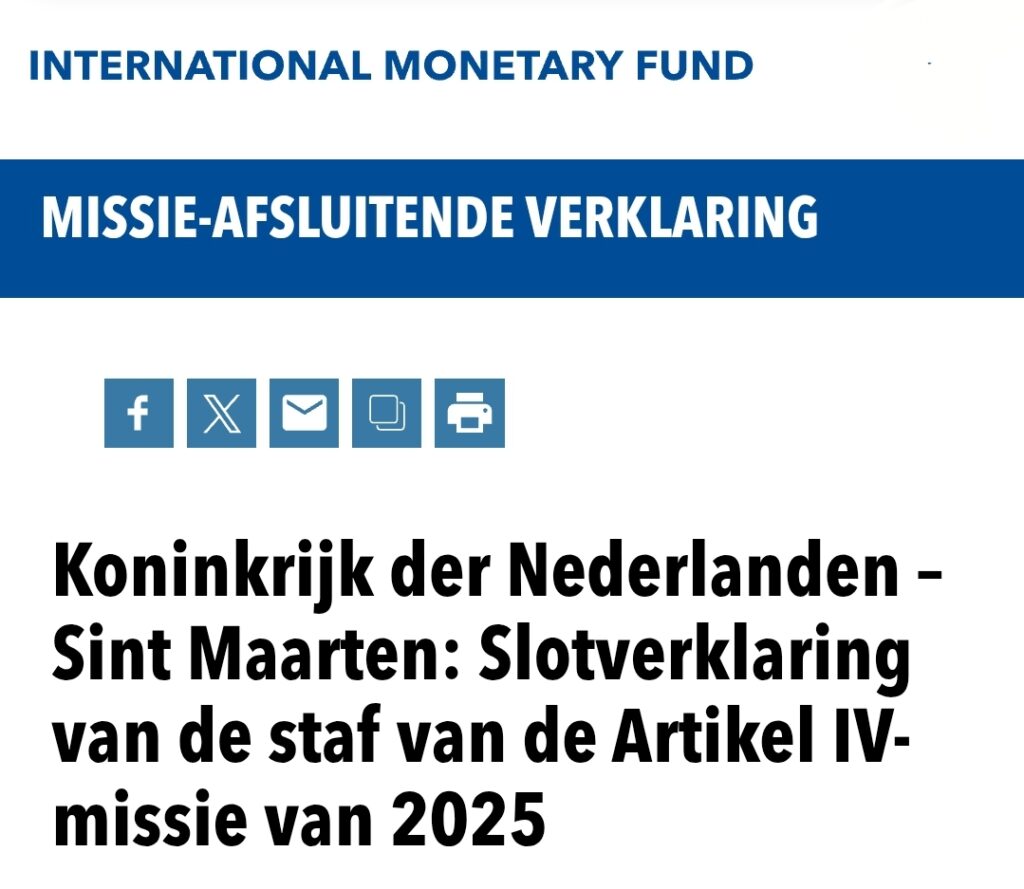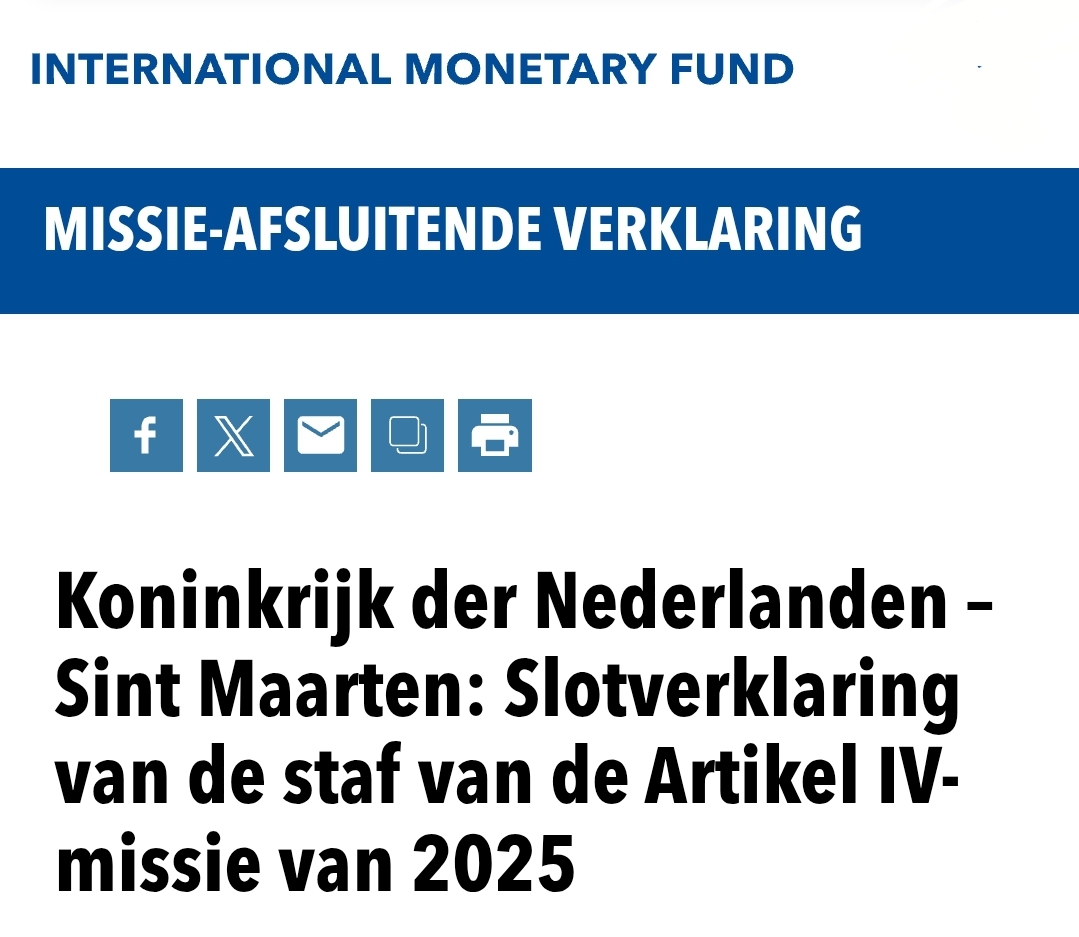IMF Reports Strong Growth Driven by Tourism and Reconstruction St Maarten Sint Maarten
https://sxmnews.ai/from-bid-rigging-to-land-stealing-story-of-christopher-emmanuels-crash-out/

Strong Growth Driven by Tourism and Reconstruction
Sint Maarten’s economy grew 3.3% in 2024, powered by a tourism rebound and airport construction. Stayover arrivals rose sharply, despite an energy crisis. Inflation climbed to 3.6%, mainly due to transport costs.
However, formal job recovery lagged, with signs of informal job creation.
Credit growth remained weak, affected by cross-border banking and SME credit access challenges. Yet, tourism receipts nearly balanced the current account for the first time since 2018.
Policy Progress and Fiscal Performance
The government swiftly addressed electricity bottlenecks. It also reached key milestones, including the airport’s inauguration through the Trust Fund. Fiscal discipline delivered a second consecutive primary surplus. Despite increased capital spending, under-execution of other expenses helped maintain balance.

Positive Outlook, With Caution
Growth is projected at 3% in 2025, tapering to 2% over the medium term as tourism reaches capacity. Inflation will remain moderate. Although Trust Fund activity will decline, private and public investments are expected to fill the gap. Still, weak investment execution and climate risks pose threats. Upside potential lies in faster permitting clearance. The Dutch capital market remains a vital fiscal buffer.
Fiscal Sustainability and Social Equity
The government must address healthcare fund deficits and modernize tax policy. Proposed reforms include a tourism levy, dividend tax, and stronger short-term rental compliance. Reforms to healthcare financing, preventive care, and cost control are also essential.
Boosting Long-Term Growth
Improving infrastructure, easing building permits, and enhancing electricity supply remain priorities. The government should empower regulators, promote renewable energy, and strengthen GEBE’s governance. To reduce labor shortages, officials must ease work permit processes and invest in workforce training.

Conclusion
Sint Maarten’s progress is commendable. However, sustained reforms in infrastructure, fiscal planning, and labor markets are crucial to securing a resilient, inclusive future.

